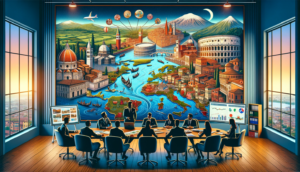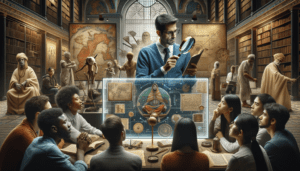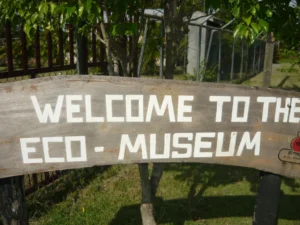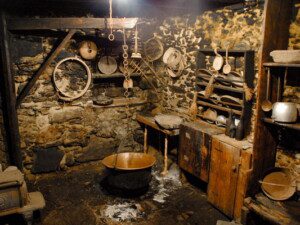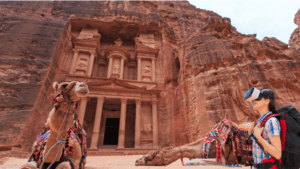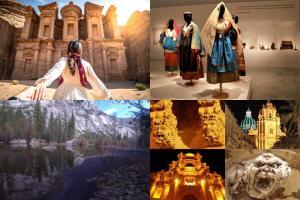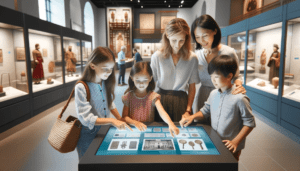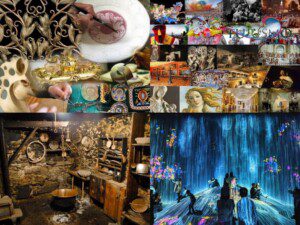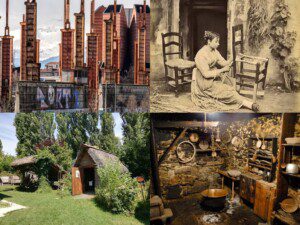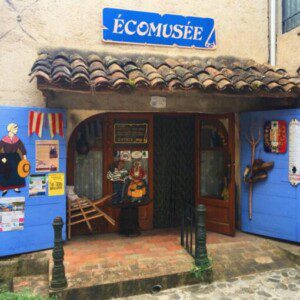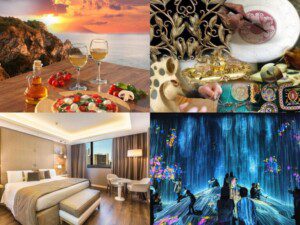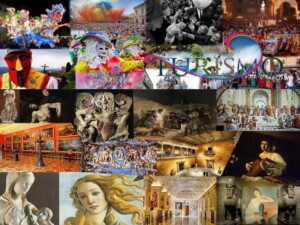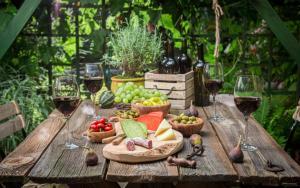SPE200: Fundamentals and Practices of Experiential Tourism (16 hours)

Press: As part of the "Towards a new tourist and cultural horizon" campaign, the SPE200 course, dedicated to the "Foundations and Practices of Experiential Tourism", is currently available free of charge.
Supplying authority: Helios Study Center
Course Type: Basic course
Course delivery methods: Online
The course, lasting 16 hours, in E-Learning mode (FAD) can be attended without time or place constraints.
Aims
This course aims to promote experiential literacy by introducing the fundamental principles of experiences and demonstrating, through practical examples, their application in the experiential tourism sector.
At the end of the course, after passing the final test carried out online, a certificate will be issued proving the knowledge acquired.
Other accolades
- Recognized by the Italian Association of Tourism Professionals and Cultural Operators (AIPTOC)
- International Experience License (IEL): Certificate valid for the issue of the International Experience License (IEL): Experiential Literacy (First Level IEL). Info: International Experience License (IEL)
Educational content
Module 1: Experiential Principles (8 hours)
- The concept of Experience
- The Cultural Experiential Offers
- Experience
- Cultural experience
- Authentic Cultural Experience
- Full (or Excellence) Cultural Experience
- Experiential Tourism
- The Principles of the Experiential Path
- Multisensory
- Local identities
- Uniqueness
- Human relations
- Direct participation
- Experiential learning
- thematic approach
- aesthetic approach
- Entertainment
- Immersion
Module 2: Experiential Tourism (6 hours)
- Dinner Experience (DIE): Food and wine experiences
- Show Cooking Experience
- Sensory Dinner Experience
- Location Dinner Experience
- Narrative Dinner Experience
- Dinner Show Experience
- Art Dinner Experience
- School Dinner Experience
- Guest Experience (GUE)
- Sensory Guest Experience
- Location Guest Experience
- Narrative Guest Experiences
- Seaside Village Experience
- Farmhouse Experience
- Integrative Guest Experiences
- Cultural Heritage Experience (CHE)
- Food and Wine Experience
- Heritage Sides Experience
- Intangible Cultural Heritage Experience
- Cultural Expositive Experience
- Cultural Entertainment Experience
- Open Air Experience (OAE): Experiences in close contact with nature or outdoors, also known by the term Outdoor Experience
- Trekking and Hiking Experience
- Bike Experience
- Diving Experience
- Speleology Experience
- River Experience
- Horse Experience
- Donkey Experience
- Flight Experience
- Wellness Experience (WLE): Experiences related to psycho-physical well-being.
- Entertainment and Show Experience (ESE)
- Experiential Marketing (EMA)
Module 3: Professional Figures in the Experience Sector (2 hours)
- The recognition of the skills of the professions in the Experience sector
- Certification of Quality and Professional Qualification of services pursuant to Law 4/2013
- The International Experience License
- Recognition schemes for experiential professional figures
- Experience Specialist
- Experience Manager
- Experience Consultant
- Experiential Tourism Manager
- Heritage Interpreter
- Experienced Trainer
For information on how to use the course: Request for scholarships and free training
Featured training
Basic courses
Courses with Professionalizing Certification pursuant to Law 4/2013


